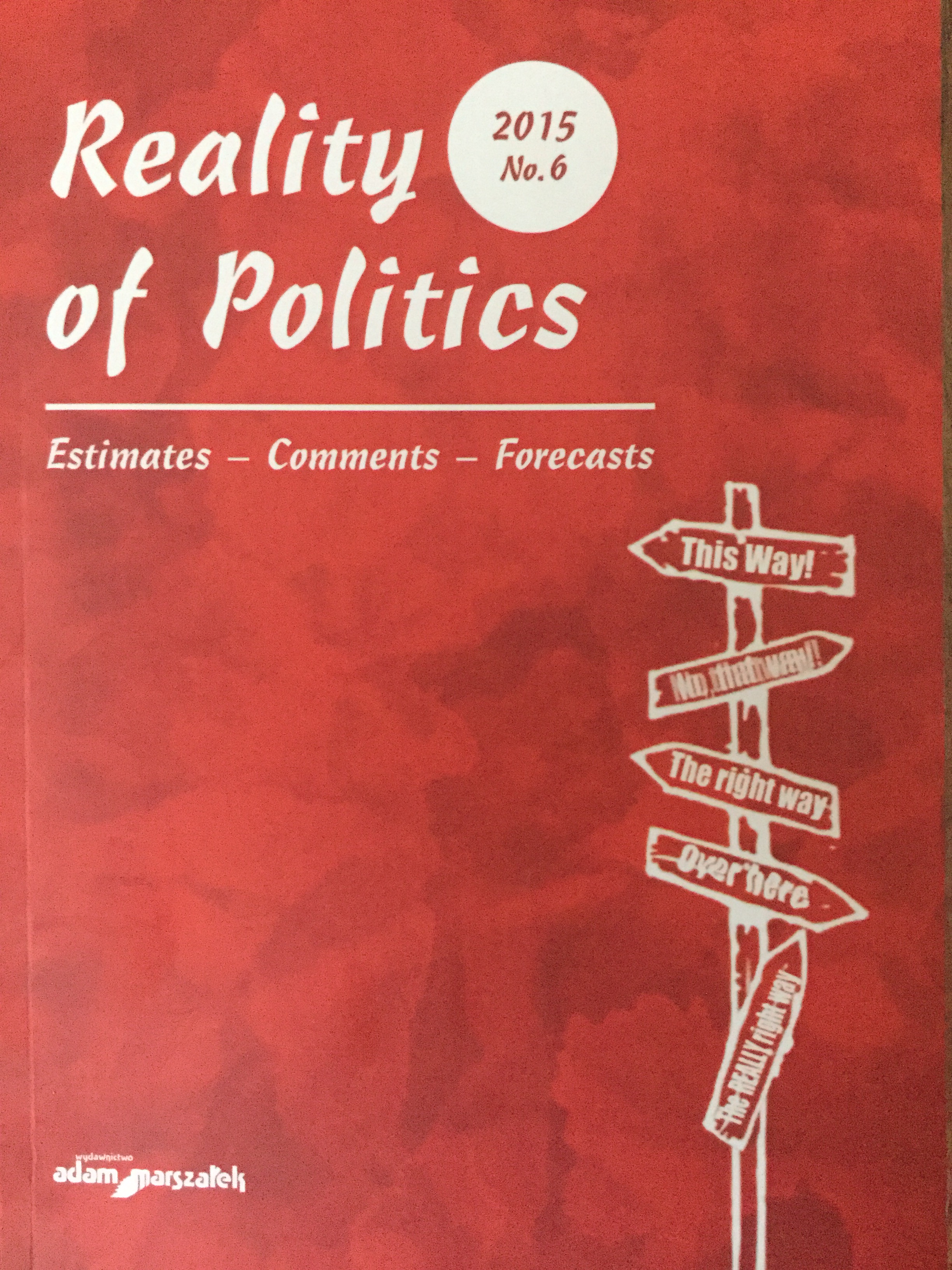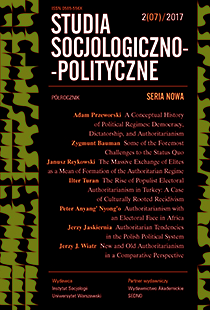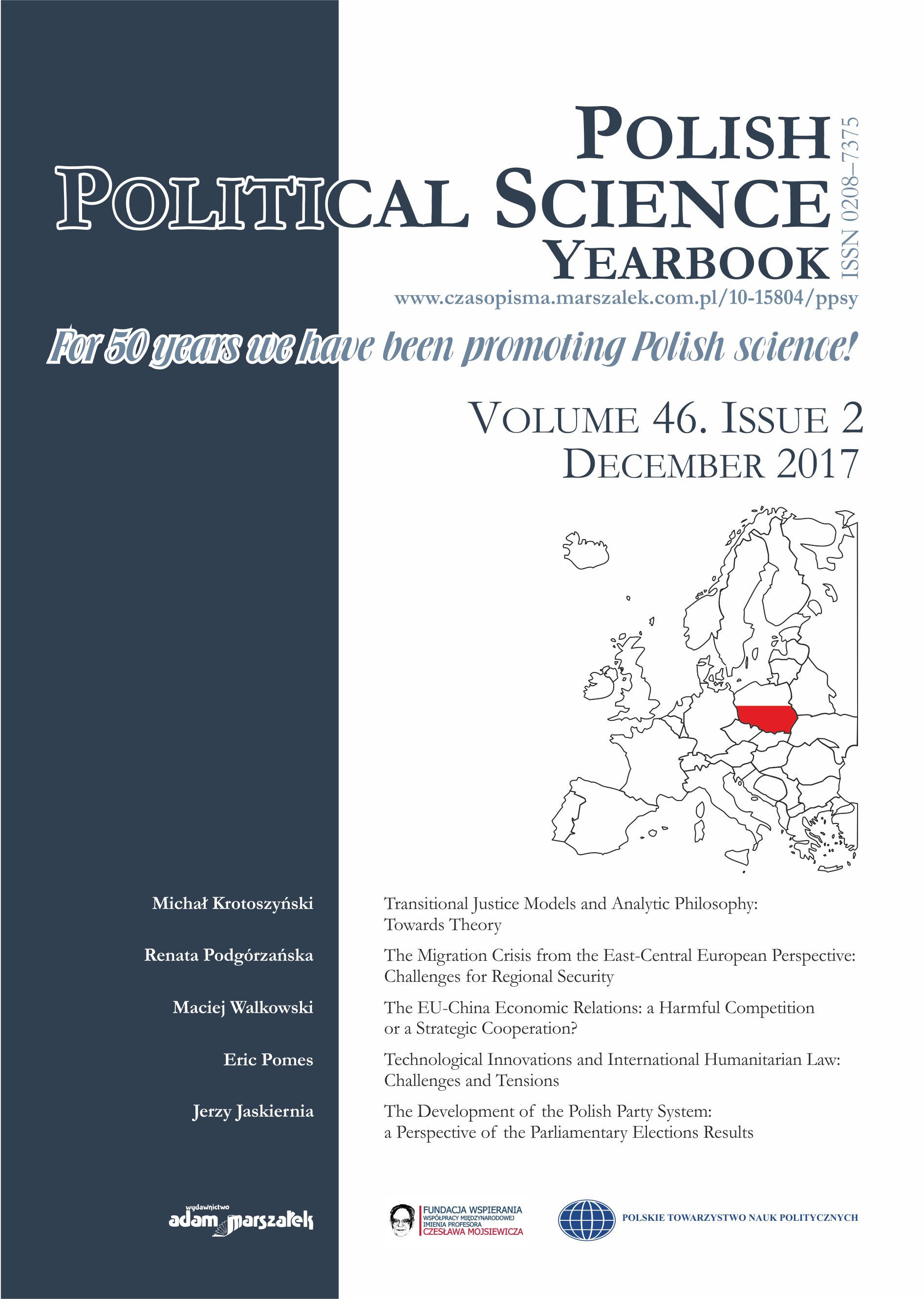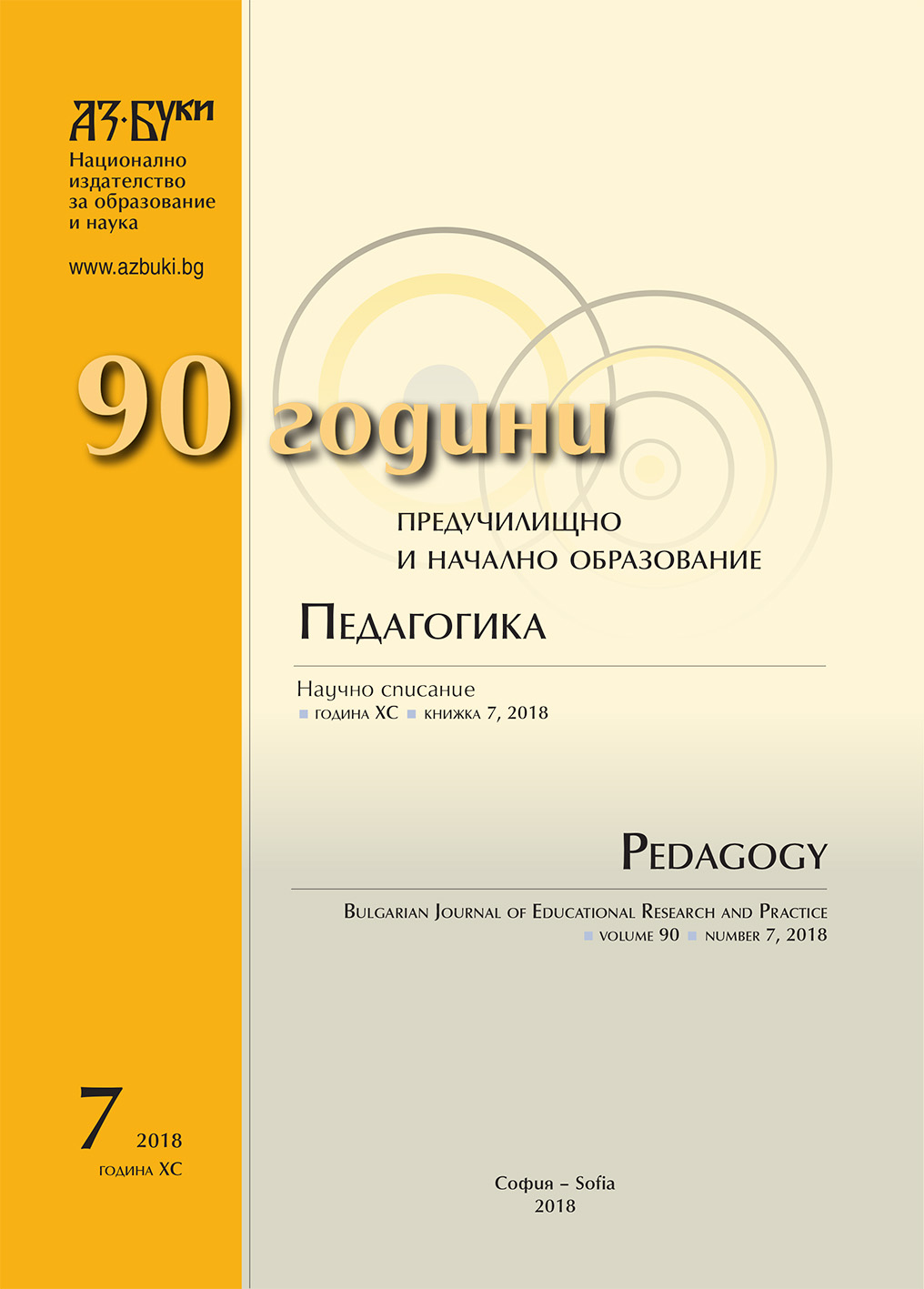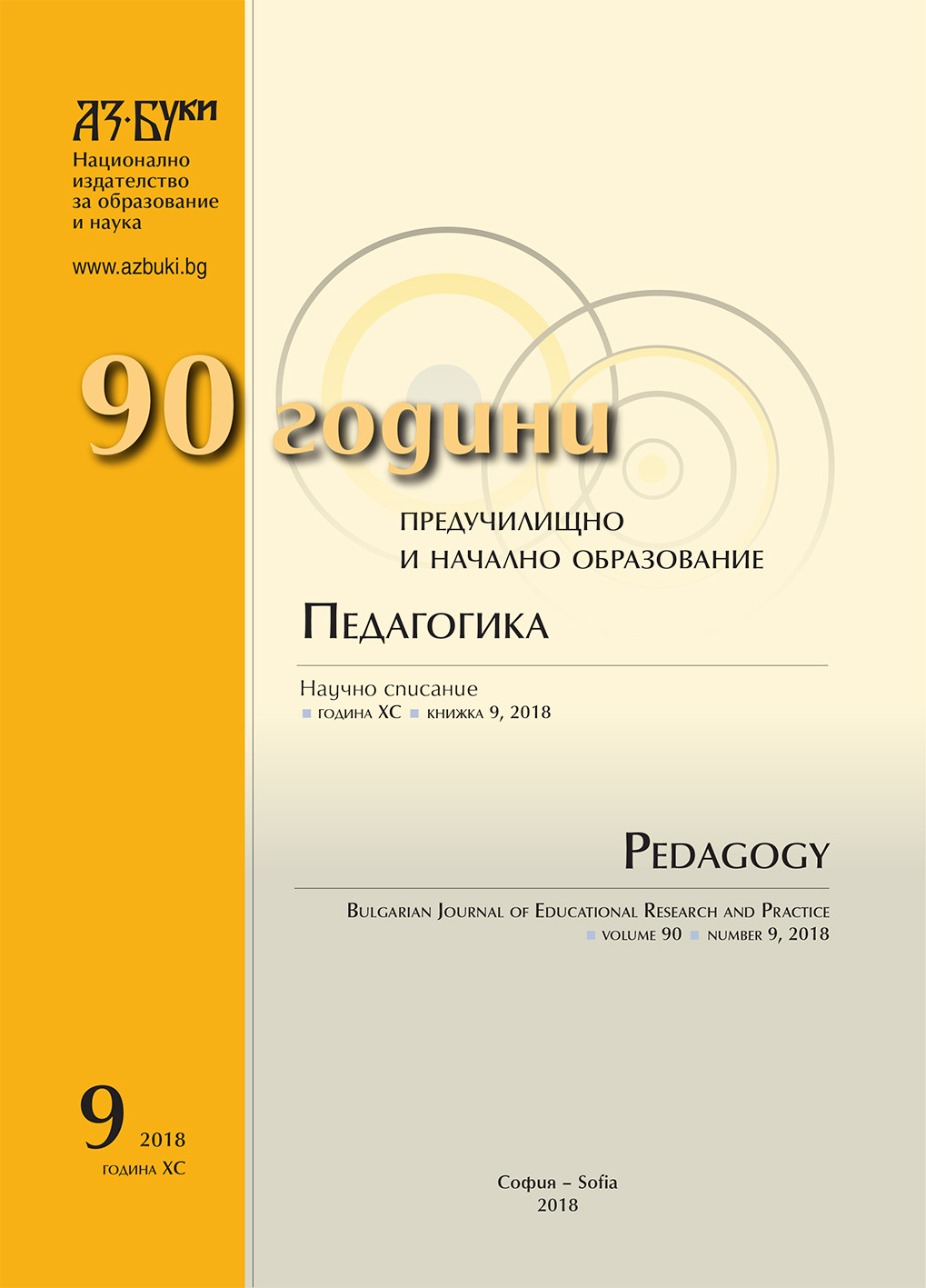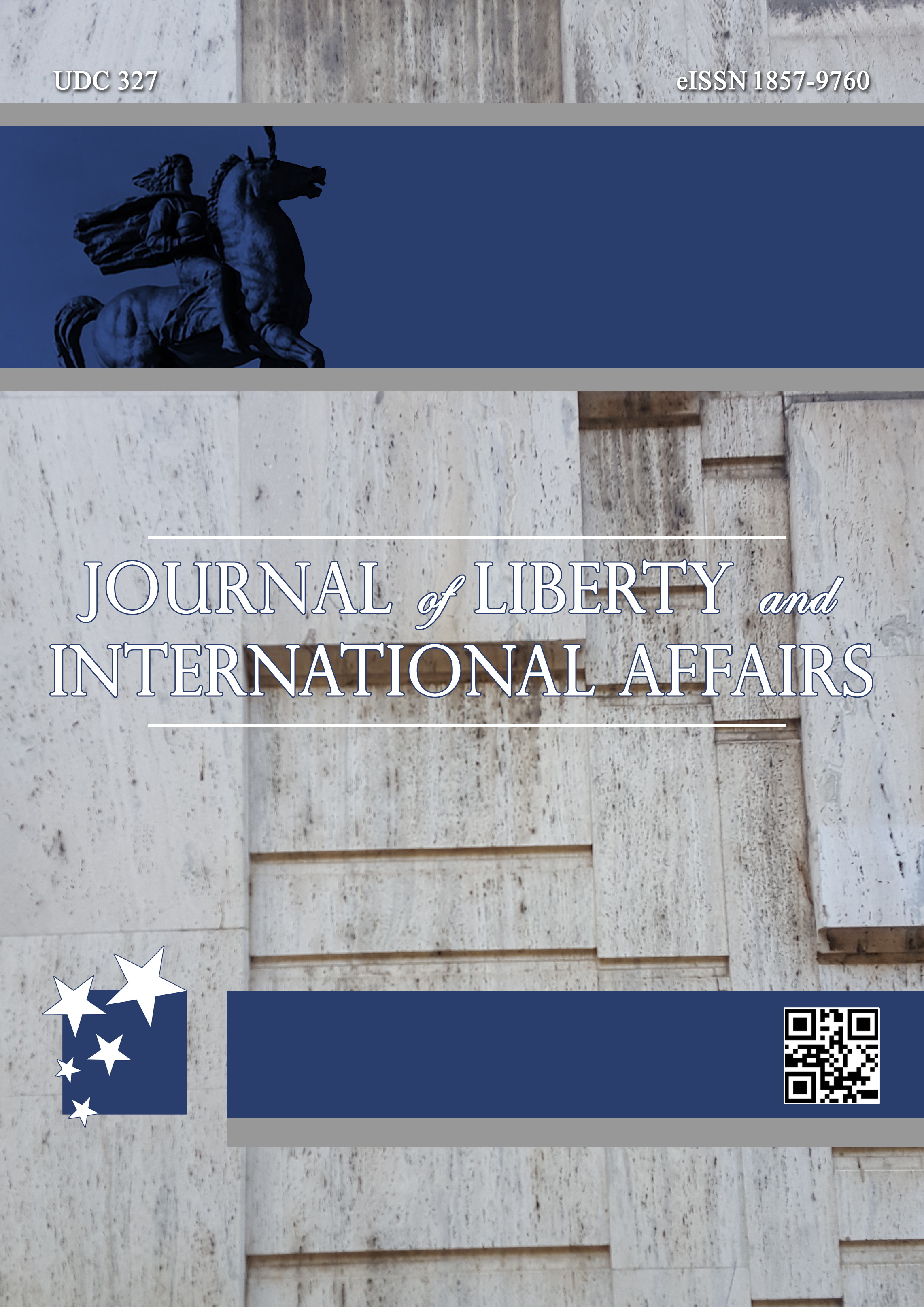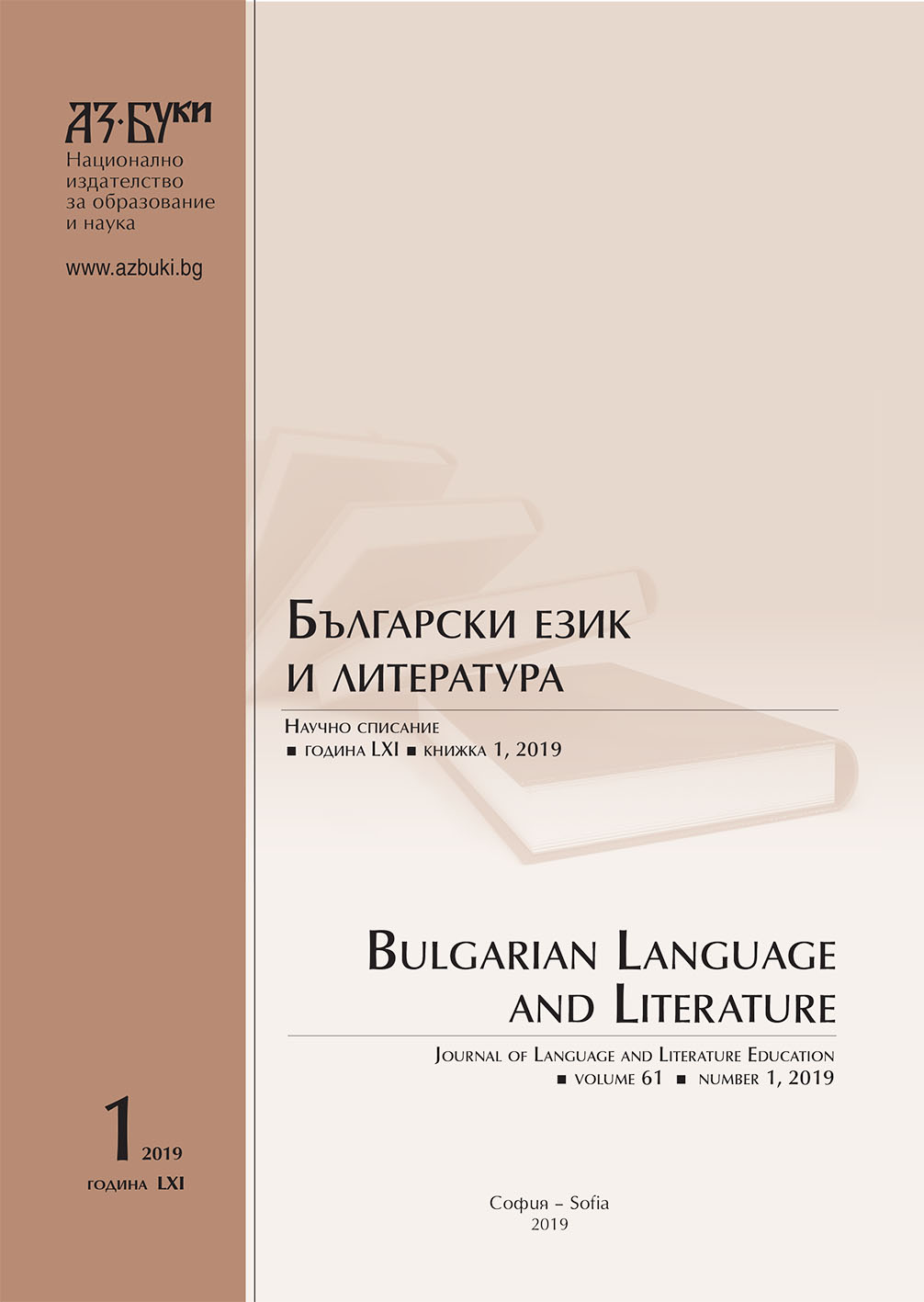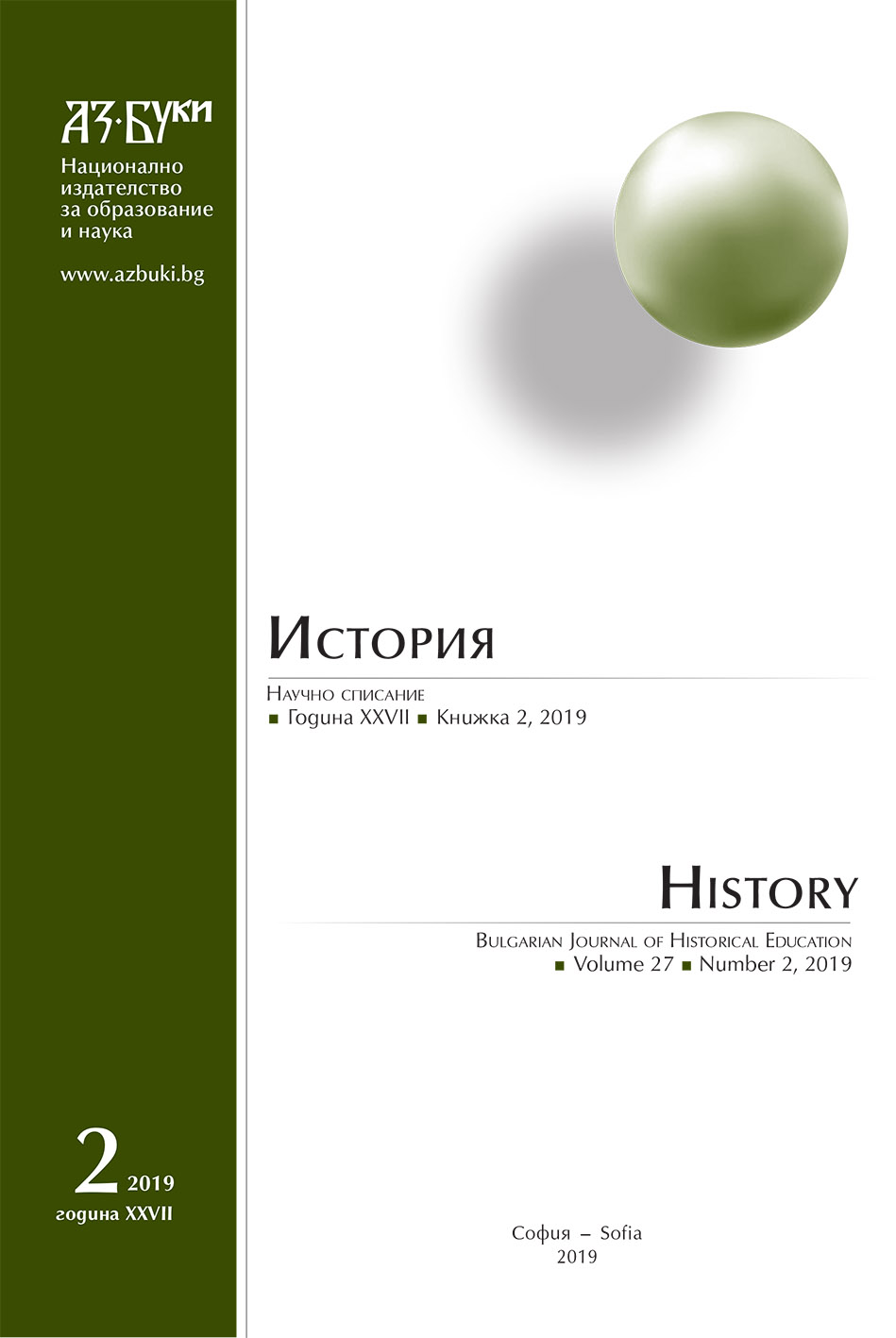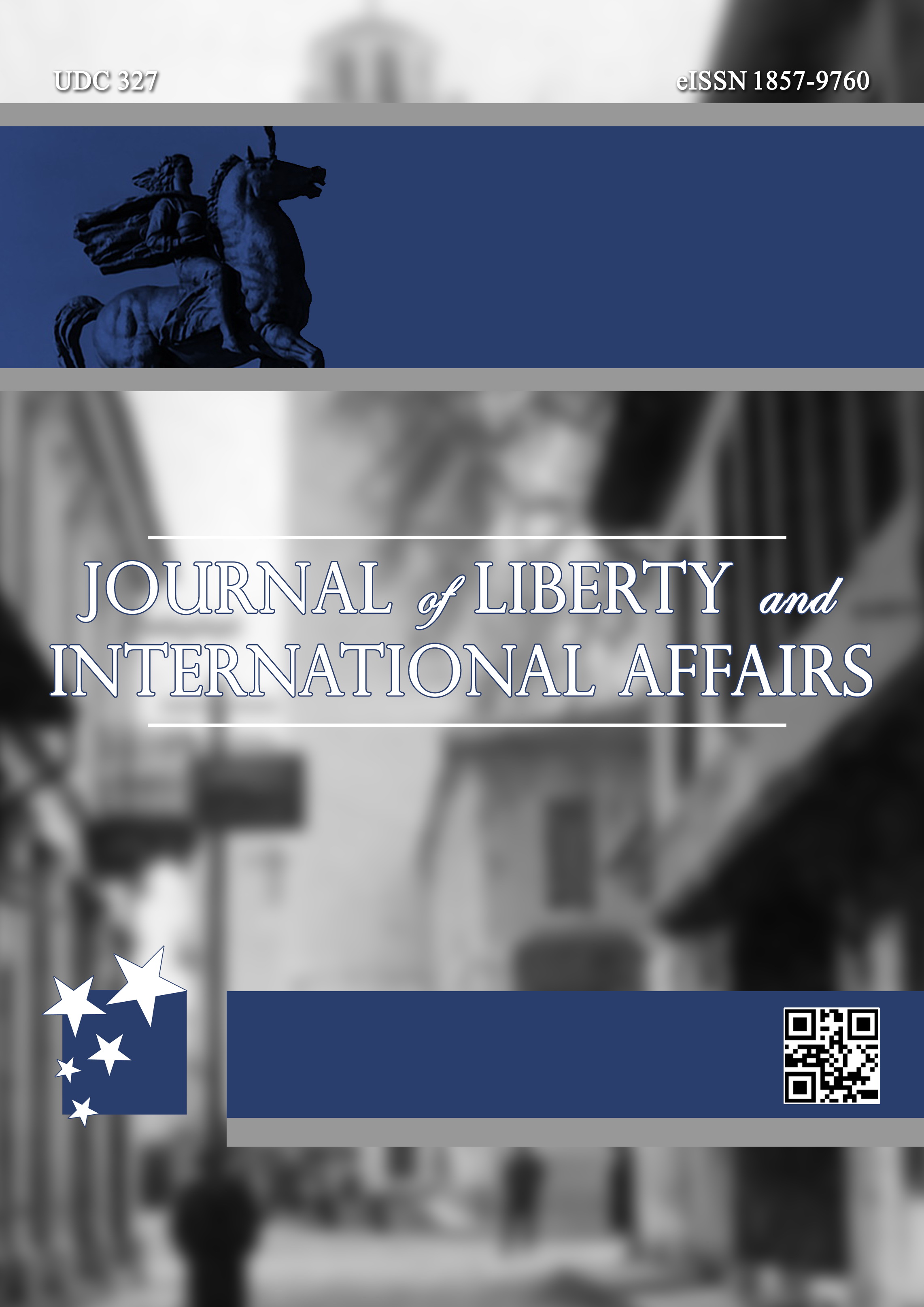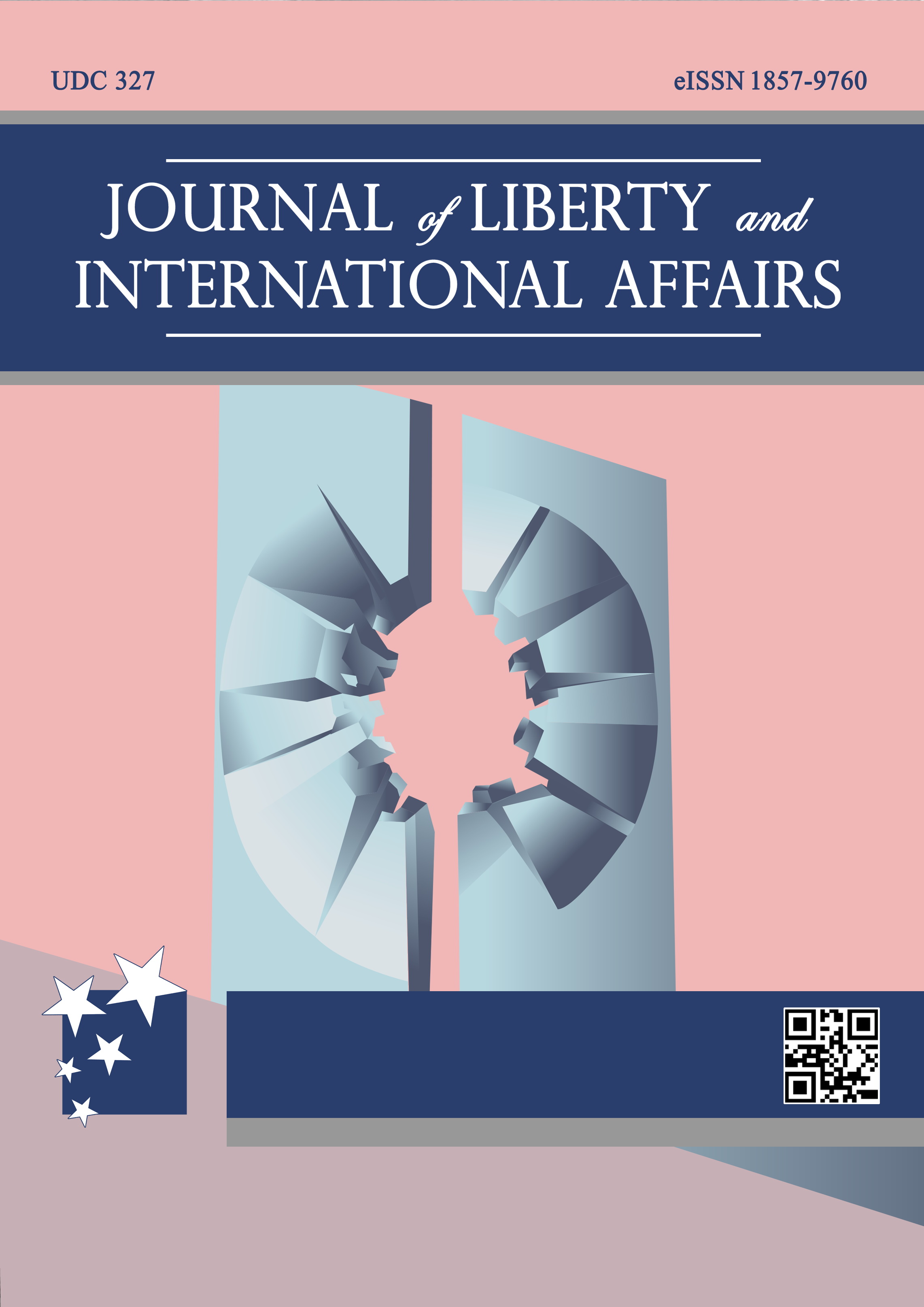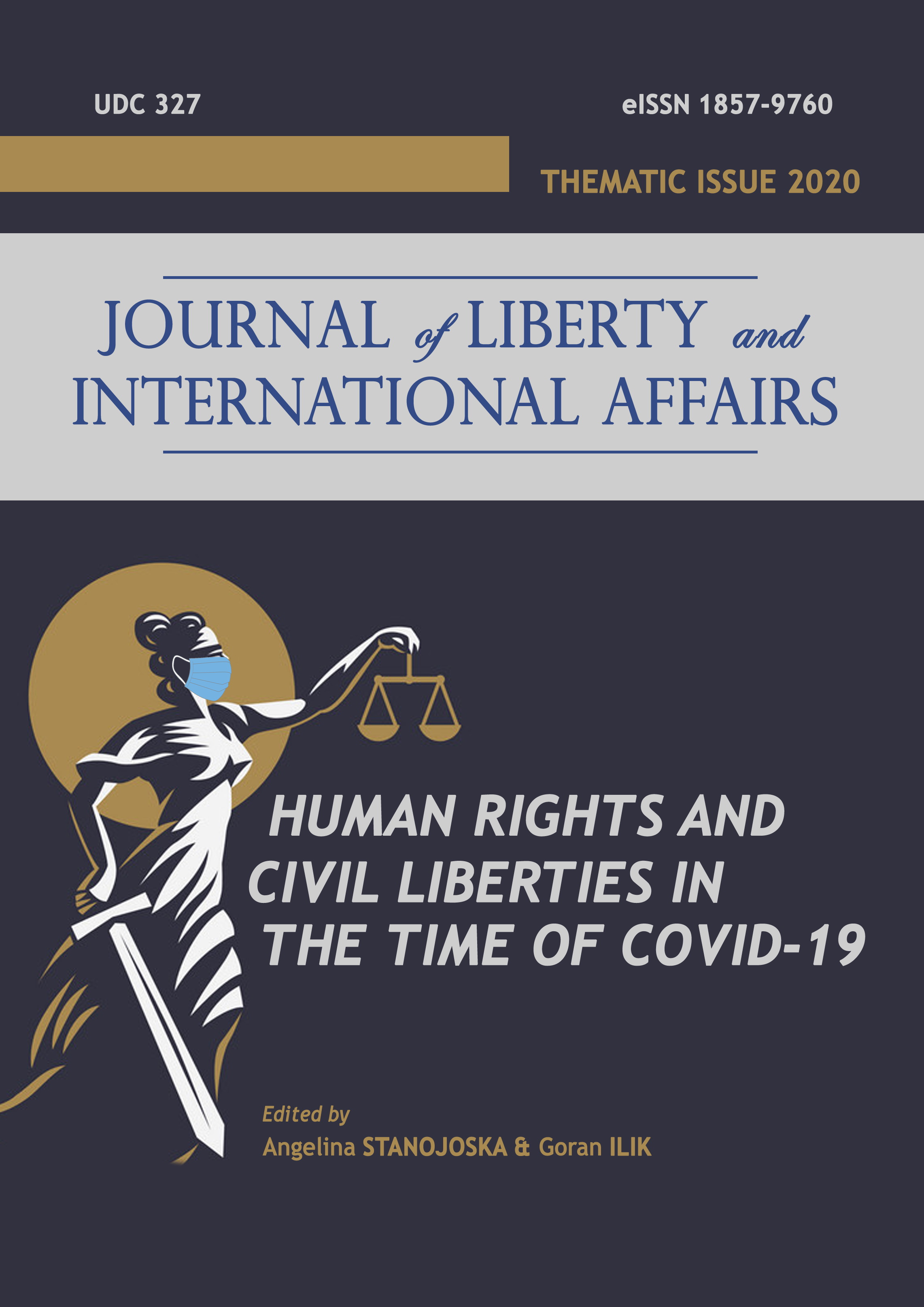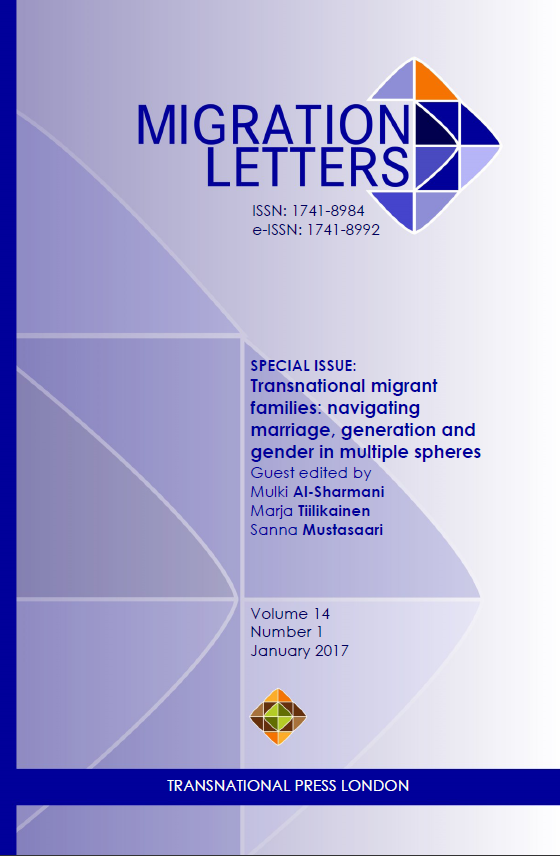
Turkey’s refugees, Syrians and refugees from Turkey: a country of insecurity
The European Union (EU) has faced one of its biggest crises with the rise of population inflows through its Eastern and Southern neighbours as well as movements within the Union. In 2016, the main debate that dominated Europe was on restricting migration within and into the EU along with concerns and objections to the refugee quota systems and the sharing of the burden among member states. Turkey emerged as a ‘gate keeper’ in this crisis and has since been at the centre of debates because of the large Syrian refugee population in the country and billions of Euros it was promised to prevent refugees travelling to Europe. The Syrian crisis produced over 4.8 million refugees with over 2.8 million were based in Turkey by the end of 2016. Turkey with its generous support for Syrian refugees has been confirmed as a ‘country of security’. This shadows the darker side of affairs as the very same country has also produced millions of asylum seekers since the 1980 military coup. Current circumstances and fresh evidence indicate that there will be more EU bound refugees coming through and from Turkey.
More...

